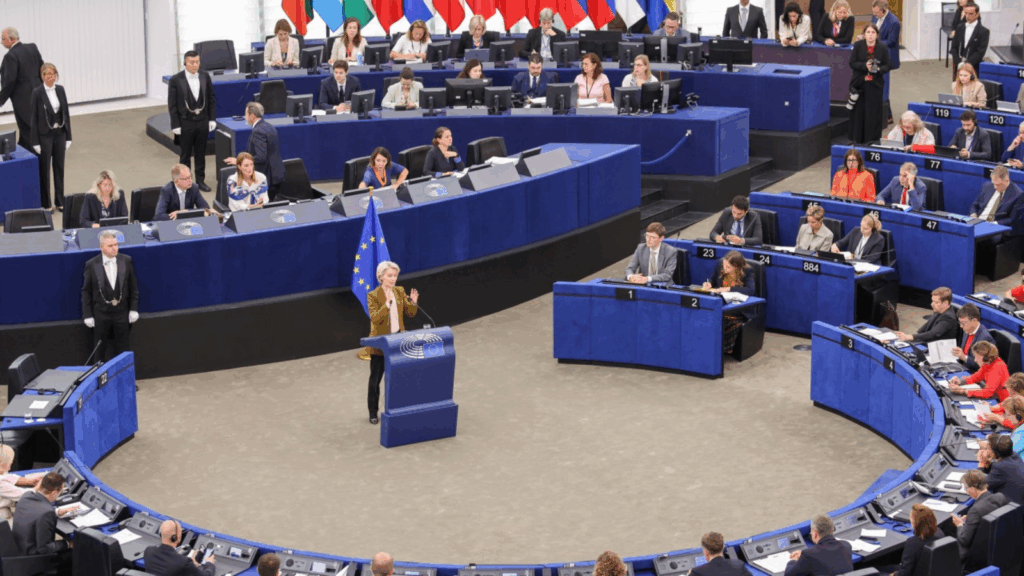- Expert group on EU funding, online – 5 September 2024, please email if you wish to join the group and the meeting
- Social Europe Academy advanced funding training, online via Zoom– 20 and 27 September 2024, 13:30-15:00 CEST. Please register here (20 September) and here (27 September)
- Funding network meeting – 14 November 2024, registration to open soon



